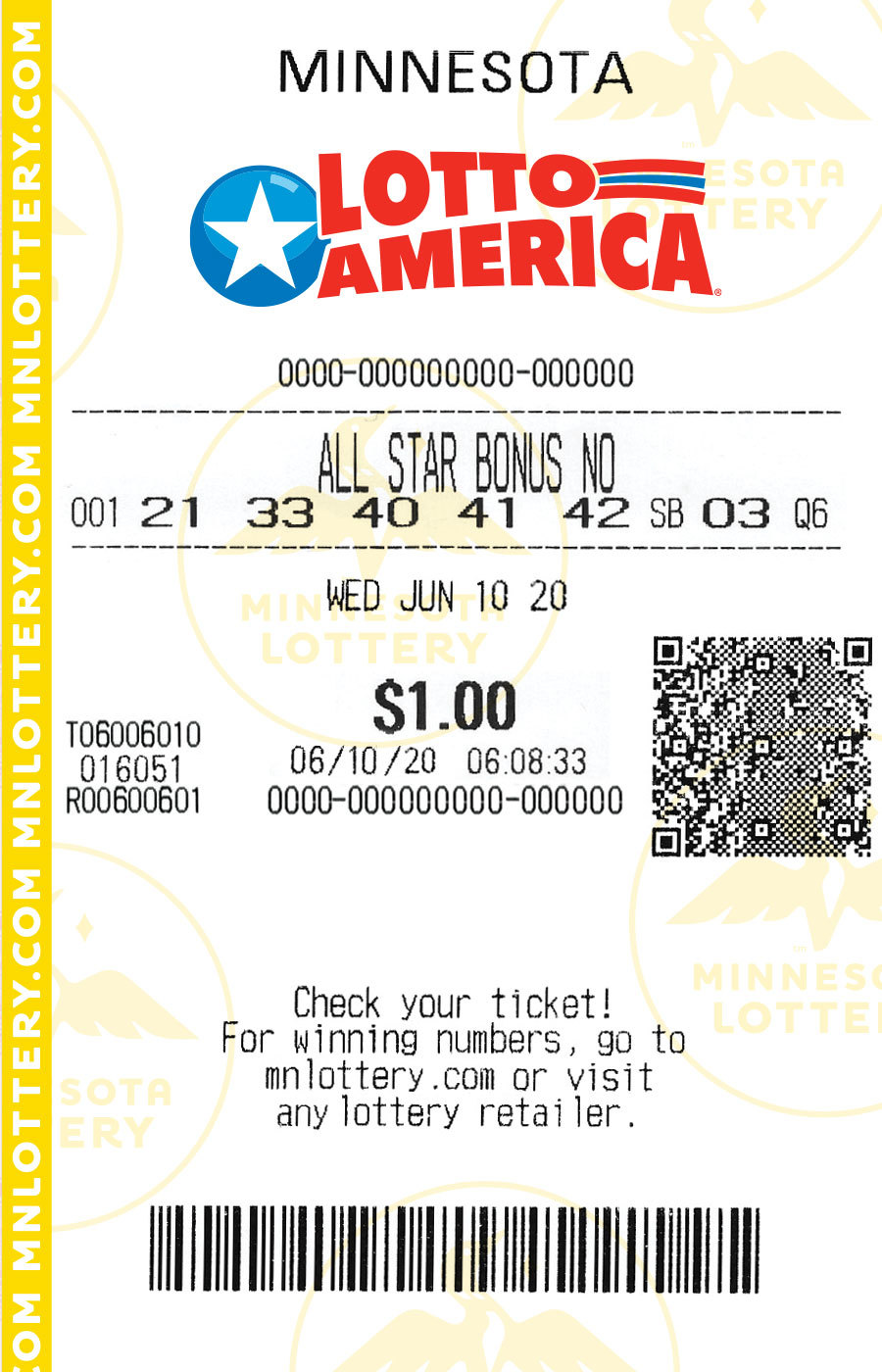
The togel has a long history in the United States. Its origins date back to the early 1700s. Newspaper advertisements from the colonial era show that there were hundreds of lotteries in operation. The first US state to offer a lottery was New Hampshire, and in the twentieth century, Puerto Rico became the first US territory to offer lottery games.
The first known lotteries were held in the Roman Empire. They were primarily used as a form of amusement at dinner parties, and each guest was issued a ticket. Prizes were typically pieces of fancy dinnerware. As a result, everyone was guaranteed to win something. Rich noblemen distributed these tickets during Saturnalian revels. The Roman Emperor Augustus even organized a lottery for the City of Rome, to raise money for repairs. The prize for winning the lottery was articles of unequal value.
In Connecticut, the lottery has been in operation for almost 50 years, and features both multi-state and local games. The majority of the money generated from the lottery goes toward education and pension programs. In Iowa, lottery profits benefit the state’s general fund. The lottery’s proceeds also support public schools and colleges. In New Mexico, proceeds are allocated to human services and open space conservation.
There are many different types of lotteries. Some are free of personal income tax. France, Canada, Ireland, Italy, New Zealand, and other countries do not require lottery winners to pay personal income tax on the prize they win. In addition, Finland, the United Kingdom, and Liechtenstein offer prize payments in a lump sum or as a lifelong annuity. In each of these, federal courts have upheld the rights of lottery winners.

